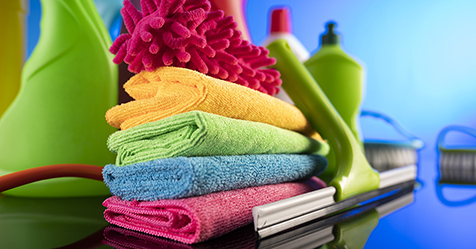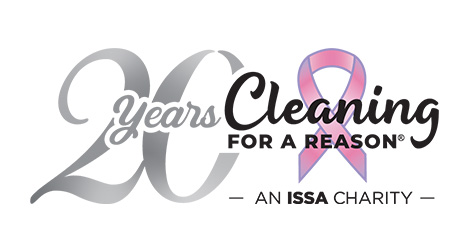About One-Third of Workers Describe Their Workplace Air as Very Clean
Fellowes' survey reveals significant global discrepancies between workplace air quality perceptions and expectations.
Fellowes released its 2024 Annual International Day of Clean Air Survey. This year’s survey canvassed 1,994 adults across the U.S., Canada, France, United Kingdom, Italy, and Germany who work indoors at least one full day per week. The survey’s findings reveal a stark contrast between real-time perceptions and expectations of indoor air quality (IAQ), underscoring the critical need for continued focus on workplace indoor air quality.
Key takeaways from this year’s survey include:
- Global Perception of Clean Air: Only 35% of all respondents across the surveyed countries described the indoor air quality at their workplace as “very clean.” Even in the U.S., where this sentiment was the highest at 52%, a large swath of the respondents still did not find the IAQ where they work up to their standards.
- Demand for Air Purification: Among respondents who did not rate their workplace air as “very clean,” the majority indicated that providing air purification units would increase their confidence in workplace air quality. This sentiment was strongest in Italy (72%) and the UK (67%), followed closely by Germany (67%) and the U.S. (60%).
- Confidence-Boosting Measures in the U.S.: Most U.S. respondents who felt their workplace air was “very clean” attributed this primarily to access to real-time IAQ data and status (71%); building certifications like LEED, Fitwel, and WELL (57%); and visible air purification units (57%).
- Impact on Performance: A resounding 90% of all respondents affirmed that clean indoor air is essential for performing their best work. Specifically, 90% of U.S. respondents agreed, an increase in sentiment over last year’s 87%. Additionally, this belief was particularly strong among Canadian respondents, with 93% asserting the importance of clean air on their ability to deliver their best performance at work.
- Universal Right to Clean Air: An overwhelming 92% of all respondents agreed that clean indoor air should be a right for all employees. This view was most prevalent among Canadian workers, with 94% supporting this notion, up from 91% in the previous year.
- Employee Retention Concerns in the U.S.: Alarmingly, 64% of U.S. workers indicated they would consider leaving their current employer due to poor indoor air quality, nearly doubling last year’s 34%. About one-third of respondents from other countries would also consider leaving their employer due to poor indoor air quality, a concerningly large percentage for employers.
- Hybrid Workers’ Preferences: In the U.S., 67% of hybrid workers stated that seeing increased evidence of air quality considerations, such as visible purification units, access to IAQ data, and healthy building certifications, would make them more likely to work in-office more frequently.
- Importance of Indoor Air Quality Transparency: 82% of all respondents expressed that it is important for employers to share information about the quality of air in the workplace. This sentiment was strongest among Canadian workers (87%) followed closely by those in the U.S. (84%).
- Workplace Priorities: 36% of U.S. and Canadian respondents ranked a clean indoor workspace, including indoor air quality, as the most important factor when choosing a new job. This preference surpassed other popular perks, such as health allowances/stipends (25%) and free coffee/snacks (12%).
“Workers today are more aware than ever of the impact that poor air quality can have on their health,” said Arti Lyde, Fellowes global general manager, air quality management. “The significant rise in the number of employees who would consider leaving their jobs over poor air quality highlights the urgency for businesses to take additional actions to provide effective indoor air quality management solutions. Providing clean, safe air is not just a health imperative—for businesses, it’s a strategic imperative.”


